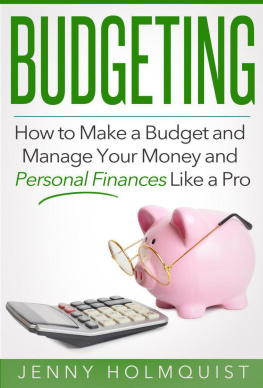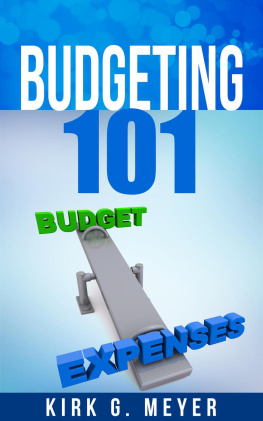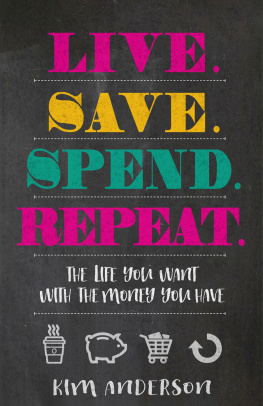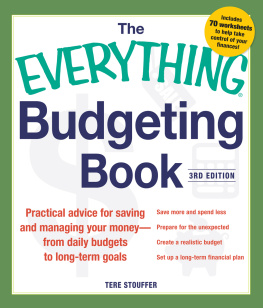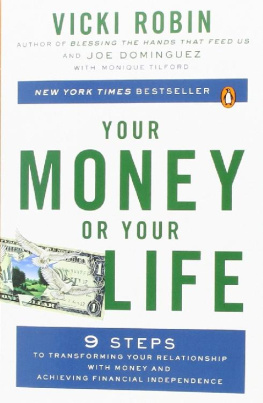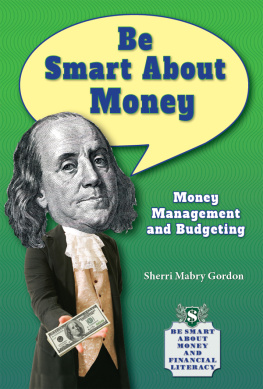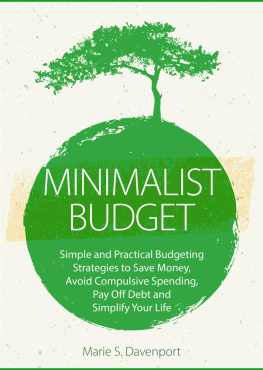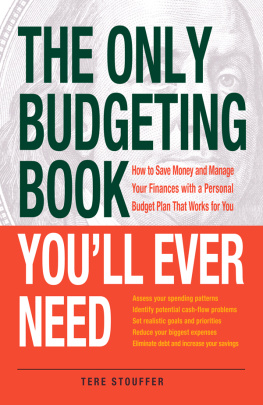
Cover image: mycola/iStockphoto
Cover design: Paul McCarthy
Copyright 2016 by Jason Vitug. All rights reserved.
Published by John Wiley & Sons, Inc., Hoboken, New Jersey.
Published simultaneously in Canada.
No part of this publication may be reproduced, stored in a retrieval system, or transmitted in any form or by any means, electronic, mechanical, photocopying, recording, scanning, or otherwise, except as permitted under Section 107 or 108 of the 1976 United States Copyright Act, without either the prior written permission of the Publisher, or authorization through payment of the appropriate per-copy fee to the Copyright Clearance Center, Inc., 222 Rosewood Drive, Danvers, MA 01923, (978) 750-8400, fax (978) 646-8600, or on the Web at www.copyright.com. Requests to the Publisher for permission should be addressed to the Permissions Department, John Wiley & Sons, Inc., 111 River Street, Hoboken, NJ 07030, (201) 748-6011, fax (201) 748-6008, or online at http://www.wiley.com/go/permissions.
Limit of Liability/Disclaimer of Warranty: While the publisher and author have used their best efforts in preparing this book, they make no representations or warranties with respect to the accuracy or completeness of the contents of this book and specifically disclaim any implied warranties of merchantability or fitness for a particular purpose. No warranty may be created or extended by sales representatives or written sales materials. The advice and strategies contained herein may not be suitable for your situation. You should consult with a professional where appropriate. Neither the publisher nor author shall be liable for any loss of profit or any other commercial damages, including but not limited to special, incidental, consequential, or other damages.
For general information on our other products and services or for technical support, please contact our Customer Care Department within the United States at (800) 762-2974, outside the United States at (317) 572-3993 or fax (317) 572-4002.
Wiley publishes in a variety of print and electronic formats and by print-on-demand. Some material included with standard print versions of this book may not be included in e-books or in print-on-demand. If this book refers to media such as a CD or DVD that is not included in the version you purchased, you may download this material at http://booksupport.wiley.com. For more information about Wiley products, visit www.wiley.com.
Library of Congress Cataloging-in-Publication Data:
Names: Vitug, Jason, author.
Title: You only live once : the roadmap to financial wellness and a purposeful life / Jason Vitug.
Description: Hoboken : Wiley, 2016. | Includes index.
Identifiers: LCCN 2016010707 (print) | LCCN 2016011195 (ebook) | ISBN 978-1-119-26736-2 (hardback) | ISBN 978-1-119-26737-9 (epdf) | ISBN 978-1-119-26742-3 (epub)
Subjects: LCSH: Finance, Personal. | BISAC: BUSINESS & ECONOMICS / Personal Finance / Budgeting.
Classification: LCC HG179 .V588 2016 (print) | LCC HG179 (ebook) | DDC 332.024dc23
LC record available at http://lccn.loc.gov/2016010707
I am the product of your hopes and dreams.
I dedicate this book to my parents. Thank you for being such an inspiration to me. Your absolute love and support through the years have made me into the man I am today. You have taught me the valuable lessons of focus, compassion, and humility. I am fortunate to have you as parents in this lifetime. I love you both very much.
Preface
Years ago I remember seeing an old Army recruiting commercial that asked the question, If someone wrote a story about your life, would anyone want to read it? The question wasnt profound because it made me want to join the military; rather, it made me question the life I was then living. I was at a crossroads, wondering what happened to my dreams.
I grew up in Elizabeththe fourth-largest city in New Jersey raised by two amazing, hardworking immigrant parents. I was one of five children, the second youngest and the middle boy. I had lived in seven different houses by the time I entered high school. My parents stretched their dollars to provide for a family of seven. My parents didnt talk about money, but I also never worried about shelter, food, or my health. They made sure those needs were met. I didnt grow up with brand-name labels, and our idea of fine dining was eating at buffet restaurants. We walked around the mall to stretch our legs, but most of my clothes were hand-me-downs from my older brother.
I was the dreamer and the overachiever who got good grades and followed the rules. As a teenager I made money by delivering pizza, mowing lawns, raking leaves, and shoveling snow. I competed in forensics, played sports, and acted in school plays. I was class president and a member of the honor society. I also graduated at the top of my class.
I had a dream for my life and I was eager to start college.
During my senior year of high school, my mother told me that they couldnt pay my college tuition. It was the first conversation about money that I had ever had. Although on paper my parents income was over the limit for me to be eligible for financial aid, their actual disposable income wasnt enough to afford to send me to school.
I was devastated.
Without enough money for college, it meant I wasnt going anywhere after high school. I was ashamed. I didnt even tell my friends. I quietly got a job at Newark Airport instead.
I deferred going to college for a year and worked long hours to save as much as I could to afford the first years tuition. The following fall I was able to enroll at school full time but continued to work at the airport. I did well at work and was promoted. I made good money. After four years I graduated with a bachelors degree in finance but with a mountain of debt from my student loans and credit cards.
I never attended a financial-education class in high school or college. I was taught how to calculate the area of a triangle but not the power of compounding interest. I learned the periodic table of elements but not how the banking system operates. I had classes in the arts, music, and physical education, but the important lessons that can impact our ability to have our dream careersas artists, musicians, and athleteswerent offered in the classroom.
I wasnt prepared to make any financial decisions.
My first experience with a credit card began in college. I was hanging with friends at the common area when I was approached by someone who looked like a student, who asked if I wanted a Frisbee. I only had to do one thing: Complete an application.
I wanted a Frisbee. So I quickly completed and signed the application. A few weeks later, a plastic card of financial opportunities arrived.
My parents used credit cards. I marveled at their designs and was awed by how easily a purchase could be made. I saw my parents pay for groceries, clothing, and essentials with a single swipe. I wondered who gave them free money. I wondered who would give me free money. I imagined that this plastic card would empower me to get anything I wanted. And now, I had my own.
My first credit card had a credit limit of $500. I was responsible for making the small and affordable minimum monthly payments on time, every time. I was rewarded for my money-management skills with a higher credit limit. But my outstanding balance increased accordingly. I never thought of the total balance owed, because the minimum payments were paid. By the time I graduated college, the $500-limit credit card had turned into a $5,000 balance. I cannot recall what I spent with the $5,000, but I do remember the Frisbee.
Next page

